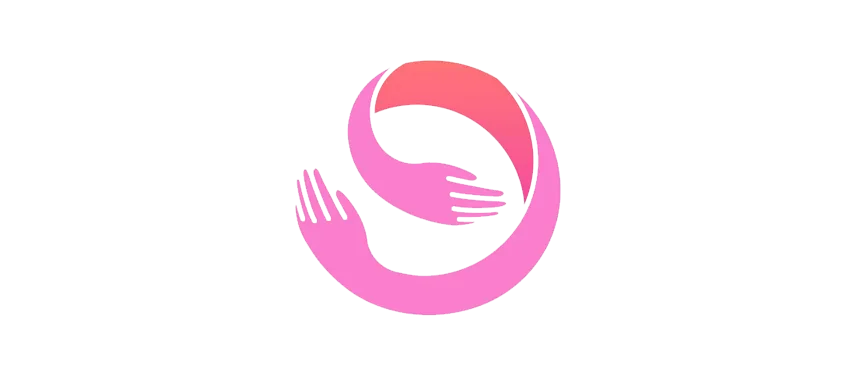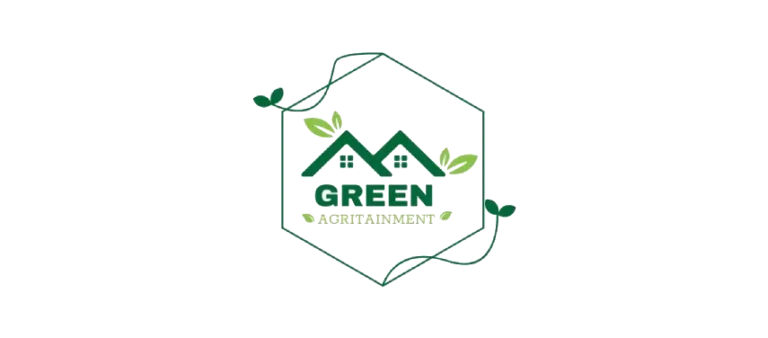
BEE PRO
Rational Use Of Plant Protection Products And Fertilizers In Terms Of The Impact On Bees In The Ecosystem
The loss of bees has become a big problem, because bees are among the world’s most important pollinators of agricultural crops, as well as wild plants. The quality of honey, pollen and the viability of bees is an excellent measure of the quality of the environment.
The health of bee colonies and their development is negatively affected by any mixture of pesticides in food supplies (honey, pollen) accumulated in the hive. Therefore, it is worth striving to eliminate the loss of bees caused by improper use of agricultural pesticides, as well as lack of imagination in their application – the main consequent benefits of bee activity will be pollination of crops and subsequent increase in crops, secondly the prevention of large economic losses and finally, very important benefit is the unpolluted natural environment in which humans live.
To tackle with above mentioned issues, the main objective of the project is to update and improve knowledge and awareness of VET students, VET organisations, farmers and people working in the farm production area in the field of organic beekeeping and proper usage of the chemical plant protection products and fertilisers, by means of the creation of Curriculum and Interactive training content focused on organic beekeeping and development of interactive training materials and tools on organic apiculture and rational use of plant protection products.
The main goals and objectives of the project is providing high quality training content about rational use of plant protection products and fertilizers in terms of the impact on bees in the ecosystem.
| Organization Name | Country |
|---|---|
| AGROINSTITUT NITRA STATNY PODNIK | |
| STOWARZYSZENIE ARID | Poland |
| NEW EDU | Romania |
| CPIP-COMUNITATEA PENTRU INVATAREA PERMANENTA | Romania |
| SERVIMA, SERVICIOS AMBIENTALES Y RECURSOS EDUCATIVOS S.L. | Spain |
| STANDO LTD | Cyprus |
Disclaimer: This project has been funded with support from the European Commission. This publication reflects the views only of the author, and the Commission cannot be held responsible for any use which may be made of the information contained here.






